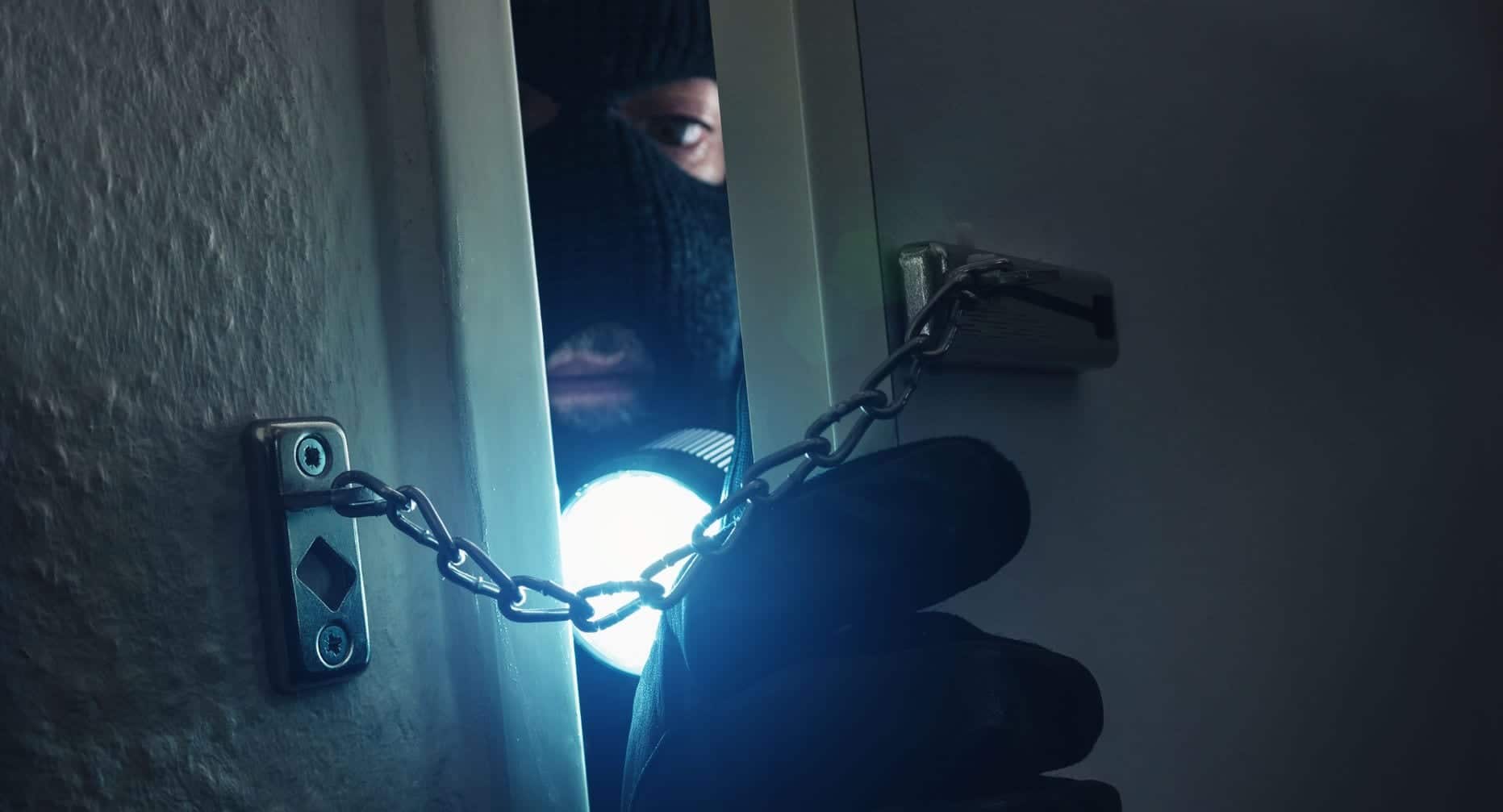If you are charged with residential burglary in our state, the penalties tend to be quite severe. How severe, though, depends on the specific charge.
What factors are involved in being hit with the various charges? What does the prosecution need in order to convict you?
To understand, you need to look at residential burglary in general. There are several different forms of residential burglary offenses in North Carolina. If you are charged, prepare yourself for court by getting to know these different offenses.
The Different Types of Residential Burglary Charges
There are criminal charges that come with breaking and entering into any locked building or container, but there is a big difference between breaking into a vending machine and breaking into someone’s home.
If people live in a building, it is considered a “dwelling” by North Carolina law. Breaking and entering into a dwelling with the intention to commit a felony is considered “residential burglary.” There are four different types.
Second Degree Burglary – If someone breaks into an unoccupied dwelling without permission, and with the intention to commit a crime, they can be charged with second degree burglary. This is the least serious of residential burglary charges, but it’s still considered a Class G felony. The penalties for a Class G felony include 8-31 months in prison.
First Degree Burglary Charges – If residents are present while the defendant breaks into the home, the charge will be bumped up to first degree burglary. First degree burglary is considered a Class D felony. The penalties for a Class D felony include 38-160 months in prison.

North Carolina’s version of this law states, “If any person shall be found armed with any dangerous or offensive weapon, with the intent to break or enter a dwelling, … and to commit any felony or larceny therein; or shall be found having in his possession, without lawful excuse, any picklock, key, bit, or other implement of housebreaking; or shall be found in any such building, with intent to commit any felony or larceny therein, such person shall be punished as a Class I felon.”
The penalties for a Class I felony include between 3-12 months in prison.
Burglary with Explosives – If the alleged offender used explosives in order to break into the residence or building, they will face additional charges. Burglary with explosives is a Class D felony as well.
Defenses to North Carolina Burglary Charges
There are two parts to burglary charges: breaking into a residence without permission, and intending to commit a felony or larceny. (While some larceny charges are considered misdemeanors, all larceny or theft crimes are included in this definition, regardless of how much value the stolen goods hold.)
Prosecutors will have to prove both points in order to secure a conviction. It may be wise to target one or the other of these during your case. For example, if a prosecutor can prove that you intended to commit theft, but cannot prove that you broke into the residence without permission, your charges may be lowered. The same goes for breaking into a residence without the intention to commit a felony (in this case, you may only be charged with trespassing).
However, this defense strategy may not be appropriate for every residential burglary case. For more information about burglary charges and how to fight back after you have been charged, talk to a North Carolina criminal defense lawyer.
About the Author:
Jan Elliott Pritchett is Managing Partner at the Law Firm of Schlosser & Pritchett and one of North Carolina’s top rated criminal defense attorneys. With a practice dedicated 100% to litigation, Mr. Pritchett protects the legal rights of clients who have been charged in federal and state criminal matters, as well as DUI/DWi, motor vehicle accidents, personal injury, and traffic violations. In practice since 1995, Mr. Pritchett has earned a reputation as a highly talented and fearless lawyer, being listed among the state’s “Legal Elite” and recognized as one of the Top 100 DWI Lawyers in North Carolina by the National Advocacy of DUI Defense. He currently serves as the Co-Chairman of the North Carolina State Board of Legal Specialization, Criminal Law Specialty, and Vice-Chairman of the North Carolina Bar Association, Criminal Justice Section.








